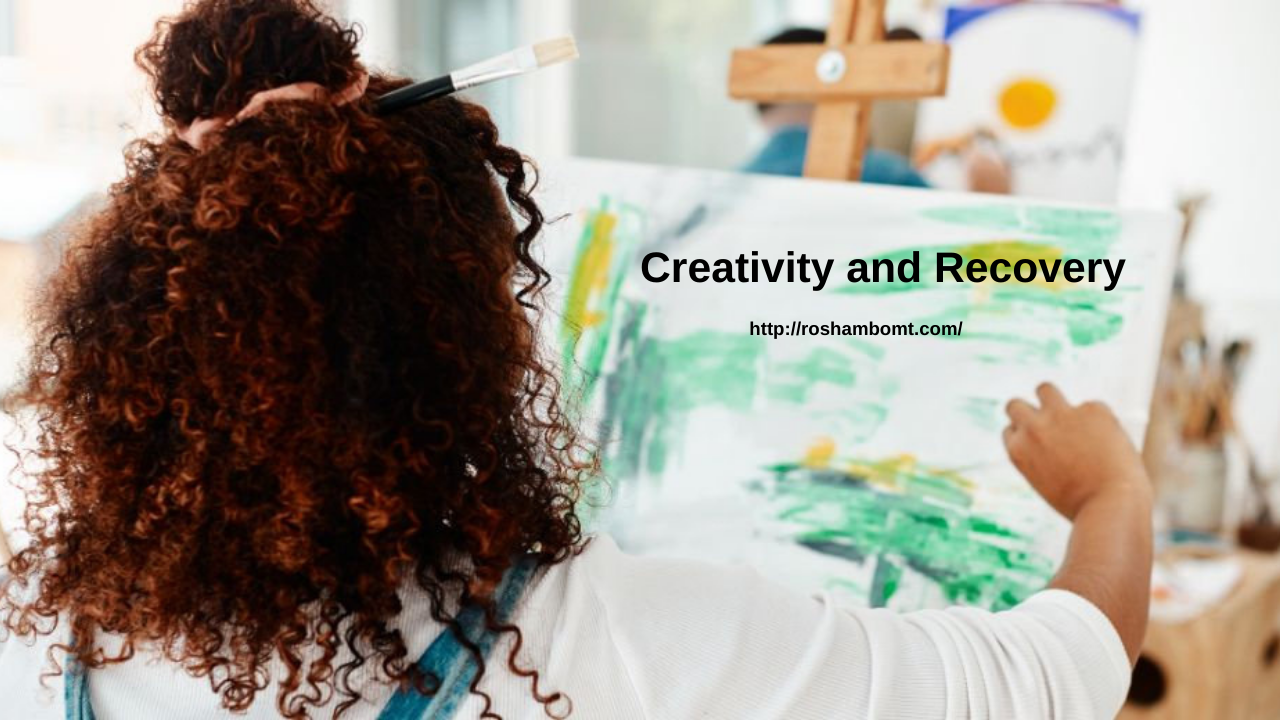 The life of an artist is often imagined as free-flowing, spontaneous, and entirely dictated by bursts of inspiration. While creativity is at the heart of artistry, structure and daily discipline are equally essential for producing meaningful work and maintaining overall well-being. For individuals navigating addiction recovery or mental health treatment, this balance between freedom and structure can serve as a powerful model. By integrating daily routines, self-care, and creative expression, it is possible to nurture both personal healing and artistic growth.
The life of an artist is often imagined as free-flowing, spontaneous, and entirely dictated by bursts of inspiration. While creativity is at the heart of artistry, structure and daily discipline are equally essential for producing meaningful work and maintaining overall well-being. For individuals navigating addiction recovery or mental health treatment, this balance between freedom and structure can serve as a powerful model. By integrating daily routines, self-care, and creative expression, it is possible to nurture both personal healing and artistic growth.
The Importance of Structure in Creativity and Recovery
Artistic freedom thrives when it is supported by a stable framework. Without some level of routine, creative projects can stall, deadlines may be missed, and personal well-being may suffer. Similarly, recovery requires consistency. Inpatient and outpatient programs at Roshambo emphasize structured schedules that promote emotional stability, skill-building, and holistic wellness. Establishing routines does not limit freedom; it creates space for inspiration to flourish without compromising progress.
Morning Rituals that Set the Tone
Grounding Practices for Focus
Many successful artists start the day with grounding rituals such as journaling, meditation, or light movement. These practices help focus the mind, prepare the body, and set a clear intention for the day ahead. For individuals in recovery, similar rituals support mindfulness and emotional balance. Morning reflection, prayer, or breathing exercises help establish a foundation of calm and clarity that supports both creative and personal growth.
Prioritizing Wellness and Self-Care
Starting the day with self-care is crucial. Nourishing meals, hydration, and physical activity contribute to both mental health and creative performance. In recovery, these habits reinforce healthy routines and strengthen resilience. When artists prioritize wellness alongside creativity, they maintain the energy and focus needed to navigate challenges effectively.
Structured Work Blocks for Consistent Progress
Time Blocking for Creative Projects
Artists benefit from scheduling dedicated periods for focused work, experimentation, and reflection. Similarly, individuals in recovery can use time-blocking strategies to manage therapy sessions, group support, personal reflection, and creative outlets. By allocating time intentionally, both creativity and healing become sustainable practices rather than occasional bursts of effort.
Flexibility Within Discipline
While routines provide stability, flexibility is equally important. Creative inspiration and emotional states fluctuate, and both artists and individuals in recovery must adapt. Adjusting schedules to accommodate emotional needs or creative breakthroughs ensures continued progress without fostering burnout or discouragement.
Community and Support
Collaboration and Connection
Artists often thrive in collaborative environments where feedback and shared experiences inspire growth. In recovery, group therapy, peer support, and faith-based communities provide similar benefits. Connection encourages accountability, reduces isolation, and enhances motivation for both creative and personal development.
Harmonizing Freedom and Discipline
Balancing artistic freedom with daily discipline is not only achievable but essential for long-term success. By establishing routines, prioritizing self-care, and staying connected to supportive communities, artists and individuals in recovery can foster both inspiration and stability.
At Roshambo, we understand that recovery is a holistic journey. It requires structure, creativity, and personalized care to build meaningful, sustainable change. If you or a loved one are seeking compassionate support for addiction recovery or mental health treatment, reach out today. Together, we can help you find harmony between freedom, discipline, and the life you aspire to lead.
 Inspiration is often portrayed as sudden and uncontrollable, arriving like a spark out of nowhere. But for both artists and individuals in recovery, true growth comes from creating space for that spark to appear. Discipline, structure, and intentional routines transform inspiration into lasting creative power. In addiction recovery and mental health treatment, learning to build daily structure is not only practical but life-changing. It allows healing, stability, and creativity to grow side by side.
Inspiration is often portrayed as sudden and uncontrollable, arriving like a spark out of nowhere. But for both artists and individuals in recovery, true growth comes from creating space for that spark to appear. Discipline, structure, and intentional routines transform inspiration into lasting creative power. In addiction recovery and mental health treatment, learning to build daily structure is not only practical but life-changing. It allows healing, stability, and creativity to grow side by side. The life of a modern artist is often a delicate balance between chaos and control. Inspiration can strike unpredictably, deadlines loom, and personal responsibilities demand attention. Similarly, individuals navigating addiction recovery and mental health challenges face the need to manage unpredictable emotions, therapy schedules, and personal growth goals. Learning to balance structure and flexibility is key for both artistic productivity and long-term recovery.
The life of a modern artist is often a delicate balance between chaos and control. Inspiration can strike unpredictably, deadlines loom, and personal responsibilities demand attention. Similarly, individuals navigating addiction recovery and mental health challenges face the need to manage unpredictable emotions, therapy schedules, and personal growth goals. Learning to balance structure and flexibility is key for both artistic productivity and long-term recovery.